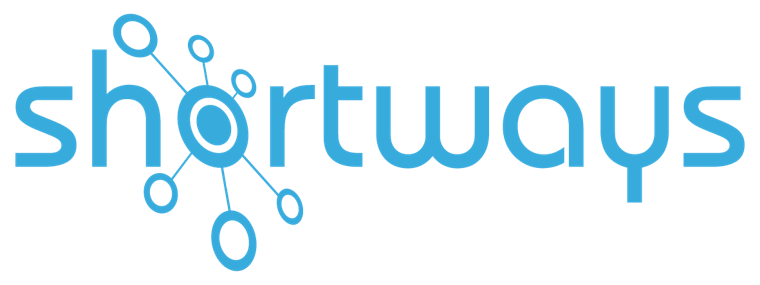In many organisations, it is common to believe that every issue encountered with a tool or business process should automatically be forwarded to the IT Department. This assumption is based on the idea that IT is responsible for all technical and functional aspects of information systems. However, this approach raises questions about its effectiveness and relevance. Let’s explore this misconception by examining the challenges, limitations, and pathways to improving ticket management in a business context.
Understanding the Implications of Involving IT
The IT department plays a strategic role in managing and maintaining information systems. Its responsibilities include resolving technical issues, maintaining infrastructure, and optimising digital tools. However, while business issues are closely tied to digital tools, they often diverge from IT’s purely technical expertise.
Forwarding a ticket to IT generally involves addressing technical aspects such as system anomalies or hardware failures. However, many requests relate to specific business processes, misconfigurations, or user misunderstandings. These issues require in-depth business expertise distinct from IT’s skillset.
This confusion over responsibilities can result in wasted time for users and overwhelm IT teams, diverting them from their strategic priorities.
The Limitations of an IT-Centric Approach
Automatically forwarding tickets to the IT Department has several limitations. Firstly, it can cause delays in resolving requests. IT teams, often overwhelmed, must prioritise their tasks, which can push the resolution of business-related issues further down the queue. This leads to frustration among users who perceive delays or a lack of attention to their needs.
Additionally, this approach fosters a siloed view of the organisation. Business challenges, although supported by digital tools, often require a contextual analysis of processes. Without collaboration between IT and business teams, the solutions provided risk being unsuitable or temporary.
Finally, this systematic forwarding can also result in an increased dependency of business teams on IT, reducing their ability to handle common issues independently. This undermines user skill development and autonomy in using the tools effectively.
Towards Collaborative Ticket Management
To move beyond this misconception, a more collaborative approach to ticket management is essential. This begins with clearly defining responsibilities between IT and business teams. Requests should be qualified upon receipt to determine whether they pertain to a technical issue or a business configuration.
A dedicated user support team can act as an intermediary, filtering tickets and providing business expertise for specific requests. This alleviates IT’s workload while improving the quality and speed of responses to users.
This collaboration should also be supported by clear processes and appropriate tools, enabling seamless information exchange between teams. By working together, IT and business teams can maximise efficiency and provide better service to users.
Conclusion
Ticket management in organisations should not be limited to merely delegating issues to IT. While IT plays a key role in technical support, business-related challenges require a different expertise, often better handled by business teams or dedicated workplace support. By adopting a collaborative approach and clarifying responsibilities, organisations can improve request management and ensure an optimal user experience.
👉 For more on this topic, check out our article: 5 Truths About Workplace Ticketing Systems.
Do These Practices Sound Familiar? Don’t Worry! We’ve Developed a Solution to Address This Issue 👇
The Smart Ticketing Solution:
To tackle these challenges, it’s essential to rethink ticket management by adopting modern solutions like Smart Ticketing.
This ticket management system helps reduce the volume of user tickets by promoting self-service troubleshooting!
By leveraging a knowledge base of known issues, your support agents can capitalise on previous responses, particularly for recurring questions. Your employees will also benefit from easy access to simple solutions, quickly unblocking them.
This Self-Service Knowledge Base Is:
- Accessible: Directly from their application
- Contextualised: Tailored to their profile and the screen they’re using
- Updatable: With just a few clicks!
Want to discover how Smart Ticketing can help you improve ticket resolution times? Contact us today for a demonstration.





